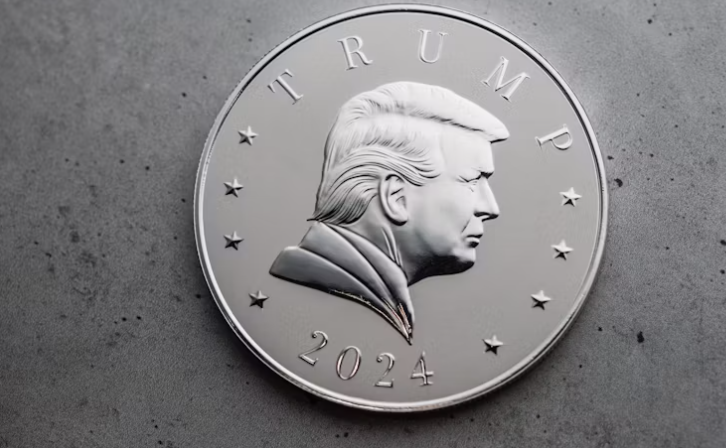$X $MT $DJI
#DonaldTrump #NipponSteel #USTrade #USSteel #SteelIndustry #2024Election #Tariffs #USStocks #GlobalTrade #Protectionism #Manufacturing #MarketImpact
Former U.S. President Donald Trump has reiterated his determination to block Nippon Steel’s attempt to acquire U.S. Steel, injecting further uncertainty into one of the steel industry’s most significant deals in recent years. While Trump had expressed his opposition to foreign acquisitions of strategic American assets during his campaign, this is the first time he has repeated this stance since securing a second term in office last month. The statement underscores his continued focus on economic nationalism, which played a critical role in shaping his earlier presidency.
Trump’s comments have already rippled through financial markets, with shares of U.S. Steel ($X) experiencing heightened volatility in trading following his remarks. On the other hand, shares of Japanese steel giant Nippon Steel moved lower in Asian markets, reflecting investor unease. Market participants are concerned about the increased regulatory risks associated with foreign acquisitions under Trump’s administration. Analysts suggest that blocking the deal could lead to broader implications for global trade relations, as Japan and the U.S. would need to navigate a complex web of economic diplomacy.
From a broader economic perspective, Trump’s emphasis on domestic manufacturing and his tendency toward protectionist policies could shape investor sentiment across key indices such as the Dow Jones Industrial Average ($DJI). During his prior term, tariffs and trade wars had far-reaching implications for sectors ranging from manufacturing to agriculture. Analysts speculate that a similar approach could once again lead to inflationary pressures on steel prices. This might be a short-term boon for domestic producers, but it could result in higher costs for industries dependent on steel, including automotive and construction firms.
The geopolitical underpinnings of this development also bear significance. Nippon Steel has been a vital player in the global steel market, and its bid for U.S. Steel is designed to strengthen its footprint in North America. However, Trump’s stance raises questions about the extent to which foreign firms will be allowed to invest in U.S.-based assets under his administration. For now, both companies find themselves in a holding pattern, potentially delaying much-needed investments that could modernize their respective operations. Investors and geopolitical analysts alike are watching closely, knowing that Trump’s policies could set the tone for cross-border M&A activity over the next four years.






Comments are closed.